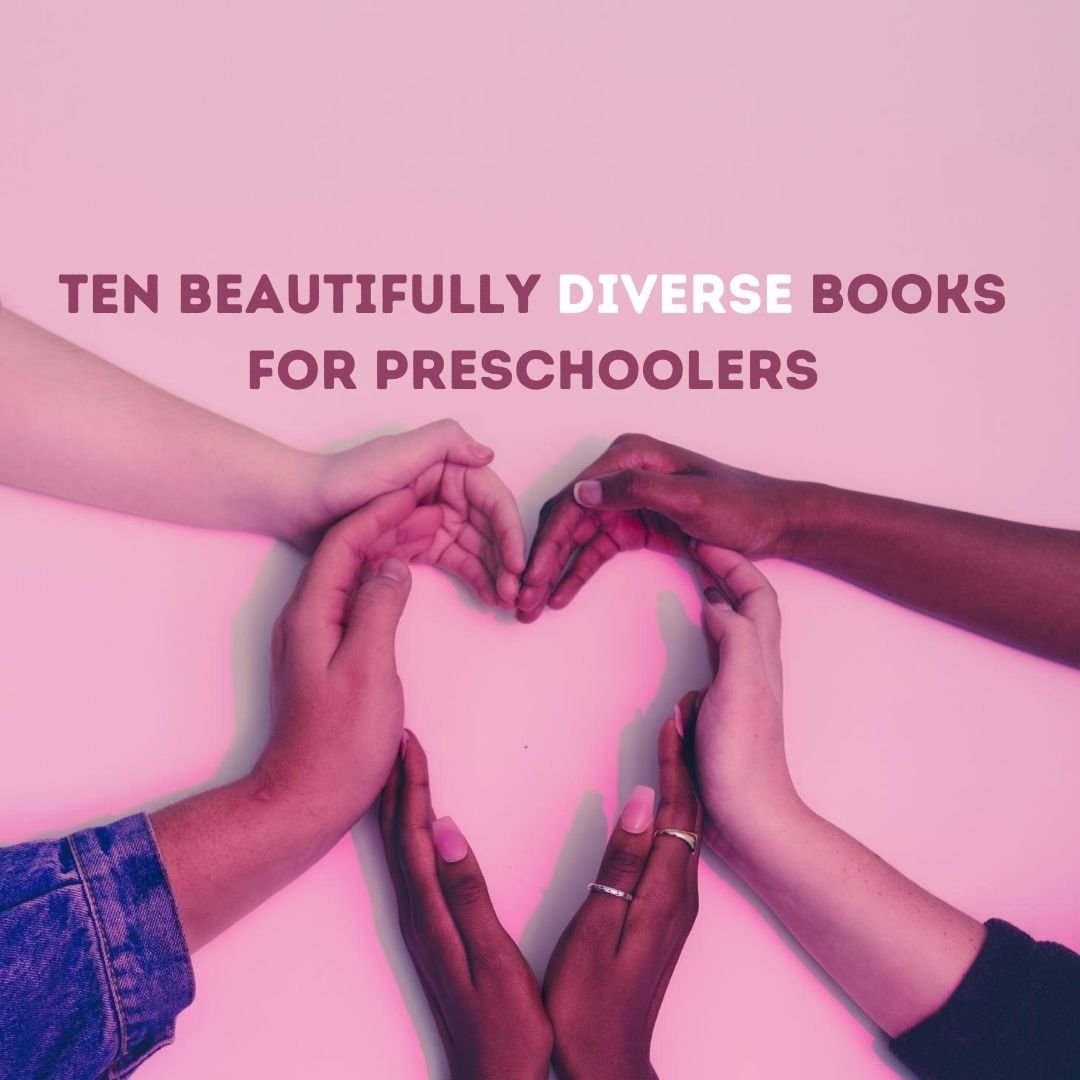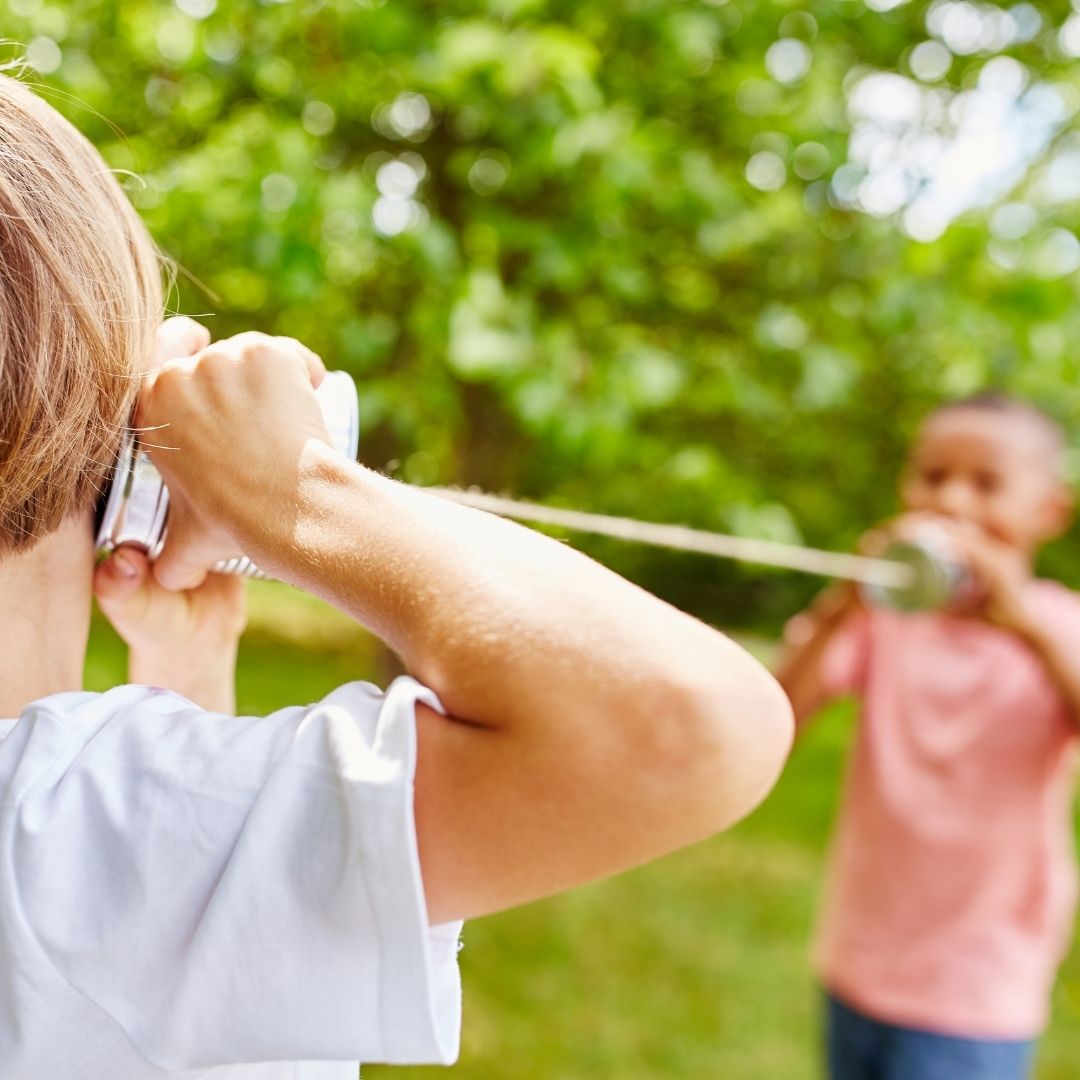"That's MINE!"
"You're not my friend anymore."
"I had it first."
"No one will play with me."
As parents of preschoolers, you've likely heard some of this language. As we think about formal schooling (preschool and Kindergarten) for our littles, we likely think first of the ABC's and 123's, the art activities that teach colors and shapes, name-writing practice--basic building blocks of an education. But one thing that may be easily overlooked at this age is the development of social skills.
As a parent I know first-hand how important it is to start early teaching preschoolers basic social skills. After all, these are skills they will use their entire lives. As a teacher I also know that I don’t have a special section in my planner for “social skills.” The good news is that there are so many ways to teach social skills every day in the classroom and at home, with very little planning or special materials!
The biggest social issues I see amongst preschoolers are sharing, learning to have a conversation with peers or adults, and expressing emotions appropriately. There are many more, but these are the ones that come up continually and often. Here are some ideas for addressing each.
Preschool Social Skill #1: Sharing
Sharing is a BIG deal in preschool. It pairs very closely with fairness. A preschooler has a very strong need for fairness and sharing doesn’t always work into the equation. I like to set my classroom up so that the kids have many opportunities throughout the day to work on sharing skills. I will often set up tables with exciting activities and not put out enough chairs. I like to see how the kids will handle the situation, and more often than not, a child will either offer their chair or get a chair for a friend. Then I have the chance to acknowledge their good choice in front of the class. I also like to have centers where there is not enough for everyone (not enough magnifying glasses, markers, scissors, etc.). I like to sit back and watch what unfolds. It is a great opportunity to talk about sharing in the moment.
Not only can lessons in sharing be taught in these simple classroom “set ups,” but you can also work on fairness and waiting for your turn outside of structured schooling. At home, parents can implement similar strategies for preschoolers to grow the sharing muscle: provide scenarios in which sharing is necessary and talk about it directly with your child, look for opportunities to praise good choices made in unprompted sharing, and take time to talk out specific situations with your child in particular moments when sharing may seem like a struggle.
Preschool Social Skill #2: Engaging in Conversation and Listening To Others
I love engaging preschoolers in conversation. It is such a fun way to learn more about them and it is a fantastic way to work on their verbal skills. It also allows me to work on “waiting for your turn,” listening to others, and independent thinking. Our classroom circle time is full of opportunity to teach and practice this social skill. I like to ask the class a “question of the day.” Then I ask each of them to tell me their answer in front of the class. Most often this leads to other conversation.
I also like to use story cubes to prompt independent creative thinking and practice listening to their friends. I have the kids sit in a circle and I hand a story cube (they are similar to 6-sided dice with pictures on each side) to each child. I start by rolling my cube and starting the story based on the picture. Then the next child in the circle rolls their cube and adds to the story until we get back around to me and I finish. In this game the kids are practicing so many social skills; listening, taking turns, conversation, and getting more comfortable speaking in front of others.
You might feel like you're preschooler is never quiet and doesn't struggle at all with engaging in conversation (so.much.talking). If this is the case, you might find it useful to steer the conversation with your own "question of the day" and take turns answering with your family (so as to provide opportunities to listen, too).
There are also free story cube ideas that you could print and use at home with siblings or friends to encourage story-telling and turn-taking.
Preschool Social Skill #3: Expressing Emotions
Preschool is a time when kids begin to learn the language skills needed to express their emotions. Talking about emotions and providing language for preschoolers to talk about emotions moves them toward being able to identify and express feelings in themselves. Their better understanding of emotions will help them socially as they develop relationships and help them more appropriately cope with social situations.
One fun exercise to talk about emotions is to label a large six-sided soft dice with various facial emotions. The kids roll the dice and tell me what the emotion is by looking at the face. Then, I have them tell me a situation where that emotion might happen and the best way to cope with that emotion. This can easily be done at home with your preschooler using a printable emotion cube or a more structured emotions cube.
It is also important, at times, to allow emotion-filled social situations work themselves out. I try and not come to the rescue right away, rather watch the kids and see if they can work it out amongst themselves. If I do need to step in, I use it as a teaching moment for everyone involved.
For preschoolers, learning about social skills is a lot about exposure. The more that we as parents and teachers can help our preschoolers experience varied social situations, the better we can help them learn what is appropriate behavior. Start at an early age taking children to organized play groups, music classes, or sports activities. All of these opportunities will expose children to different personalities, cultures, situations and expectations. Exposure like this will provide your child with the skills they need as they begin to navigate more complex social situations.
/Logos/Horizontal%20Academic%20Logo%20for%20Light%20Backgrounds.png)
/Logos/Horizontal%20Academic%20Logo%20for%20Dark%20Backgrounds.png)



